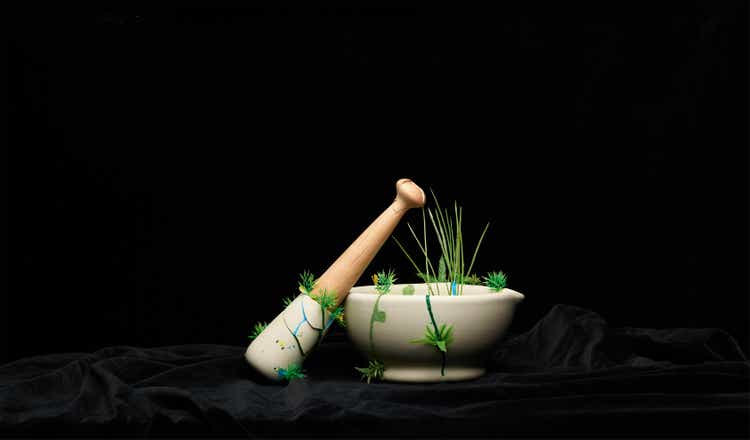
Clara, 23
I wrote my first suicide note when I was 14. I didn’t do anything about it but I didn’t understand that it wasn’t a typical thing to do. All I knew was that I felt lonely all the time, like a physical pain in my chest. Sometimes I pictured my heart with blood leaking out of it. At the same time, I was getting good grades at school, so no one noticed anything was wrong – not my teachers and not my parents.
Things got worse when I went away to uni, but I was good at hiding it. Or I thought I was. I started drinking a lot. Any time I wasn’t going out or studying, I felt like my brain was punishing me. A constant voice telling me I was useless, a horrible person, a waste. That no one would ever care about me and no one should.
One day, a friend commented that I never smiled anymore. I remember being surprised, and trying to work out if it was true. It was such a little thing but it helped me see how bad things were. As though I’d been sleepwalking and suddenly woken up. It also made me realise that I used to be different. That’s when I went to the counsellor. She sent me to a psychologist who, after a few sessions of talking about it, diagnosed me with depression.
It was more than depression. I ended up taking a year out from my studies. For a long time, I stayed in bed all day. I felt like I’d failed, and thrown away every chance of being normal.
After a while, when my mum got home from work, I would sit in the kitchen while she cooked. Eventually I started chopping things for her. And now I cook while she talks. It’s our routine. Cooking is such a simple, creative thing – I like the feel and the smell of ingredients, fresh herbs and things, and doing something for others makes me feel good too.
Accepting that I have depression has helped me see that this sadness isn’t who I am as a person. It may always be with me but I know that if I let people help, I can have more good days.
